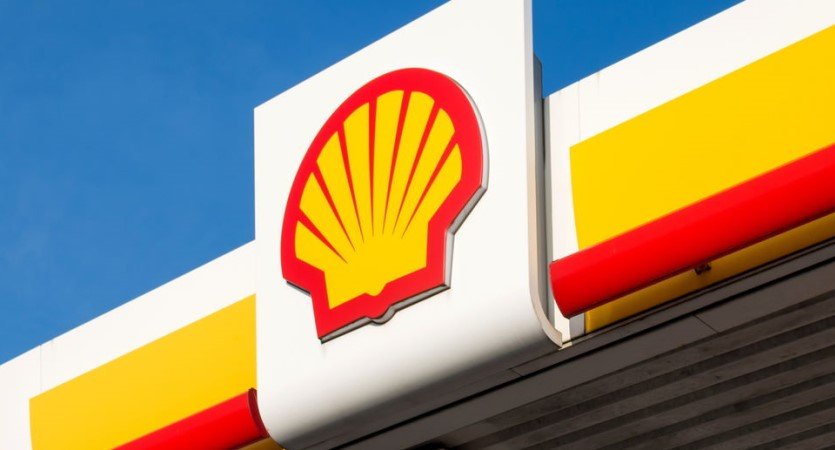
Shell “supports the need for temporary emergency policies and other measures to alleviate the energy crisis in Europe and elsewhere and to protect households and businesses,” the company said in a statement.
The oil and gas group also calls for “coordinated measures to reduce energy consumption in the coming months” and to encourage “the faster adoption of renewable energy sources”, such as wind or solar energy.
In doing so, the group is responding to measures announced by the European Commission against high energy prices. This also includes a so-called windfall tax that Brussels intends to impose on large energy companies. Excess profits from the high energy prices will be skimmed off and paid out to citizens and companies, which is the intention. However, the shell did not comment on that specific intention in the statement.
On Wednesday, European Commission President Ursula von der Leyen said in a speech to the European Parliament that measures to compensate consumers would yield more than EUR 140 billion. More details about the plans will be announced on Wednesday afternoon, and the energy ministers of the member states will decide on it on Friday.
Although it is not yet known exactly what the ‘solidarity amounts’ for large energy companies in Europe will look like, RBC Capital Markets expects them to be “manageable” for these groups. According to Biraj Borkhataria, an analyst at the investment bank, this is especially true for “globally diversified companies that earn a little less in Europe,” he told Bloomberg news agency.
The analyst expects that Finland’s fuel company Neste and Spain’s Repsol are suffering most of the pain as they derive most of their profits from Europe. Their pre-tax profits will be hit by the additional taxes by 13 and 6 percent, respectively, Borkhataria expects. RBC estimates the impact on profit before tax for the large energy companies Shell, BP and TotalEnergies at about 2 percent. These calculations are based on a levy by the EU of 30 percent on surplus profits achieved compared to profits in the ‘regular’ previous three years.
When asked, the Dutch Petroleum Industry Association (VNPI), which represents the sector, did not want to anticipate the final decisions of the European Commission “but is following this with interest”, according to a spokesperson.
